News
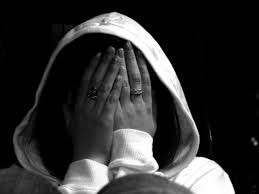
Examining Blocked Care
When I hear him walk down the stairs, my hairs stand on edge preparing for our next battle. I find myself not even liking my son. I walk around feeling like such a failure as a parent. I’ve lost all hope.
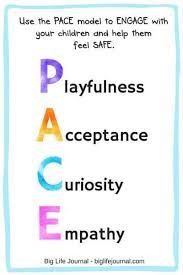
Dear Director: Blocked Care Edition
Dear Director,
I am done! I don’t care about being a good parent to my 14-year-old adopted daughter anymore. It’s impossible anyway. I’ve lost all hope. I adopted my daughter when she was 5 and she never really let me close to her. Prickly Porcupine is her nickname. In the last couple of years, we end up battling over every single thing. She repeatedly tells me she hates me. I end up feeling like such a bad mom because now I even cringe when she comes into the house. In my adoption support group, they say I am stuck in blocked care. I had never heard of this before. Please help.
Desperate and Hopeless

Dear Director: Mental Health & The Adopted Child
Dear Director,
We learned in our foster care training that kids who experienced early trauma may develop mental health issues later on in life. And sure enough it is happening to our 12-year-old adopted son, who is struggling at home and school with tantrums and nightmares. We just received the results from his Psychological Evaluation, and he has been labeled with Disruptive Mood Dysregulation Disorder, Post Traumatic Stress Disorder, and Attention Deficit Hyperactivity Disorder. We are shocked, and really don’t know how to understand these labels. We are also afraid they will follow him as he goes through adolescence and may change how other people see him. We love our son and fear for his future with these mental health disorders, help us understand.
Sincerely, Worried Sick

Is This Adoption Trauma or My Teen Just Being a Teen?
The teen years are always tricky; often fraught with push and pulls between parents and child as natural separation occurs. Gain insight from JFS’ Teen Whisperer on how to help your adopted teen. Learn how to navigate normal teen angst versus more consequential trauma related behaviors. If professional mental health support is needed, find out specifically what to look for in choosing the right practitioner for your teen.
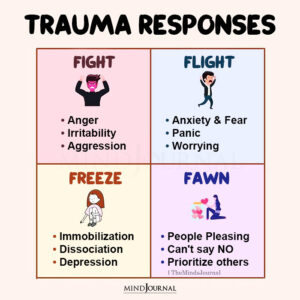
Trauma Responses Contribute to Mental Health Issues
Children who come from hard places riddled with trauma are so easily misunderstood. Explore what is behind your adopted child’s tough behaviors. Buy into the concept that these are just leftover adaptive responses from before they came to you. True, our kids will get labeled with some form of mental health diagnoses or another. Trauma creates real changes in the brain which creates real symptoms. It remains our job to stand by our children through their struggles, teach and model healthier coping strategies, help them accept their mental health struggles, and learn to be proud of all their healing.

Labels: Shame, and Fear: Destigmatizing the Stigma in Mental Illness
What comes to mind when you think of these three words: LABELING, SHAMING, AND FEAR? I would wager that we all know someone who suffers from mental illness, if not ourselves. Overcoming the stigma that society has placed on mental illness is an uphill battle. Continue reading to learn ways you can help your child if they are struggling with their mental health. After all, breaking down the stigma means accepting that mental health challenges are real and then working as a team to gather support for your struggling child.

An Unexpected Journey: The Story of Afghan Refugee, Hadiya
My name is Hadiya Amini, and I was raised in a large family that included my grandmother, my uncle’s family, my father, my mother, and my older sister in Wardak, Afghanistan. We moved to Kabul because there was no girls school in Wardak, and my father and uncle decided that
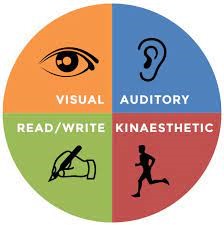
Dear Director: The 10-Second Child in the 1-Second World Edition
Dear Director,
My 7-year-old adopted daughter and I fight every time it is time to go anywhere. She takes so long to get and be ready to go that it feels like she is stalling on purpose. My Post Perm worker told me she is a 10-second child in a 1-second world and needs more time to process information. I’m having trouble buying into this idea. After all, my daughter is 7 and very smart and capable. Please share your wisdom.
Signed, Doubtful
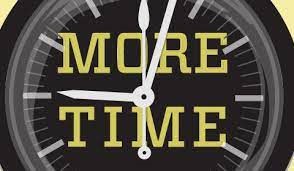
A New Perspective
What a gift it is to figure out that all your child needs is more time. More time to think, to listen, to process, to answer, to respond. Tension at home and problems at school can dramatically decrease with this simple adaptation. It is you; the parent, the teacher, the adult who needs to change. Adapt a new paradigm. Change how you understand your child.. Change your expectations. Change how you communicate. Change your total perspective. If your child is that 10-second child in this 1-second world, your entire lens must shift! Now keep reading for specific adaptations that match this new perspective.





